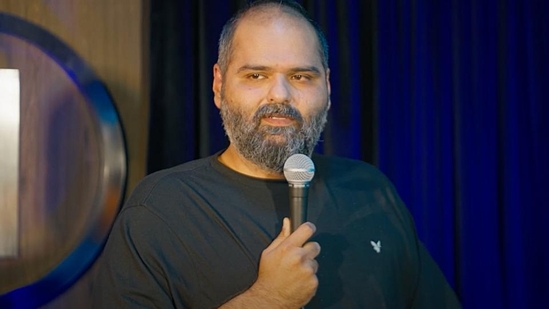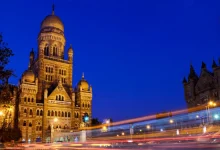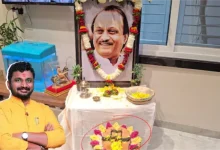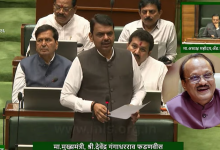Comedian Kunal Kamra Challenges Mumbai Police FIR in Bombay High Court Over Controversial ‘Gaddar’ Remark

Stand-up comedian Kunal Kamra has taken legal action by filing a petition with the Bombay High Court to dismiss a First Information Report (FIR) lodged against him by the Mumbai Police. The FIR stems from a joke Kamra made during a comedy performance, where he allegedly referred to Maharashtra Deputy Chief Minister Eknath Shinde as a “gaddar” (traitor), prompting outrage and legal repercussions.
According to the Bombay High Court’s website, Kamra submitted his plea on April 5, asserting that the FIR violates his constitutional rights. He argues that the police action infringes on his freedom of speech and expression under Article 19(1)(a), his right to practice his profession under Article 19(1)(g), and his right to life and personal liberty under Article 21. The case is scheduled for a hearing on April 21 before Justices Sarang V Kotwal and Shriram M Modak.
The controversy erupted after Kamra’s remark, made during a stand-up show, led to a complaint by Shiv Sena MLA Murji Patel. On March 24, the MIDC police station registered the FIR, charging Kamra under sections 353(1)(b) and 353(2) of the Bharatiya Nyaya Sanhita (BNS) for statements conducive to public mischief, as well as section 356(2) for defamation.Kamra skipped a third summons from the Mumbai Police on Saturday, further escalating tensions in the case.
This legal move follows a separate development last month when the Madras High Court granted Kamra interim anticipatory bail until April 7. That ruling came after he sought protection, citing his residency in northern Tamil Nadu and fears of arrest or harm if he traveled to Maharashtra. Kamra had argued before the Madras High Court that the complaint was politically driven, pointing to vandalism by politically affiliated individuals after his show’s video surfaced online as evidence of malicious intent.
The Bombay High Court filing marks the latest chapter in Kamra’s standoff with authorities over the contentious joke, which has stirred debate about free speech and political satire in India. As the April 21 hearing approaches, the case continues to draw attention to the boundaries of comedic expression in the face of legal and political pressure.




